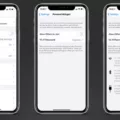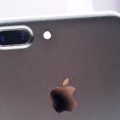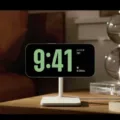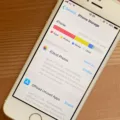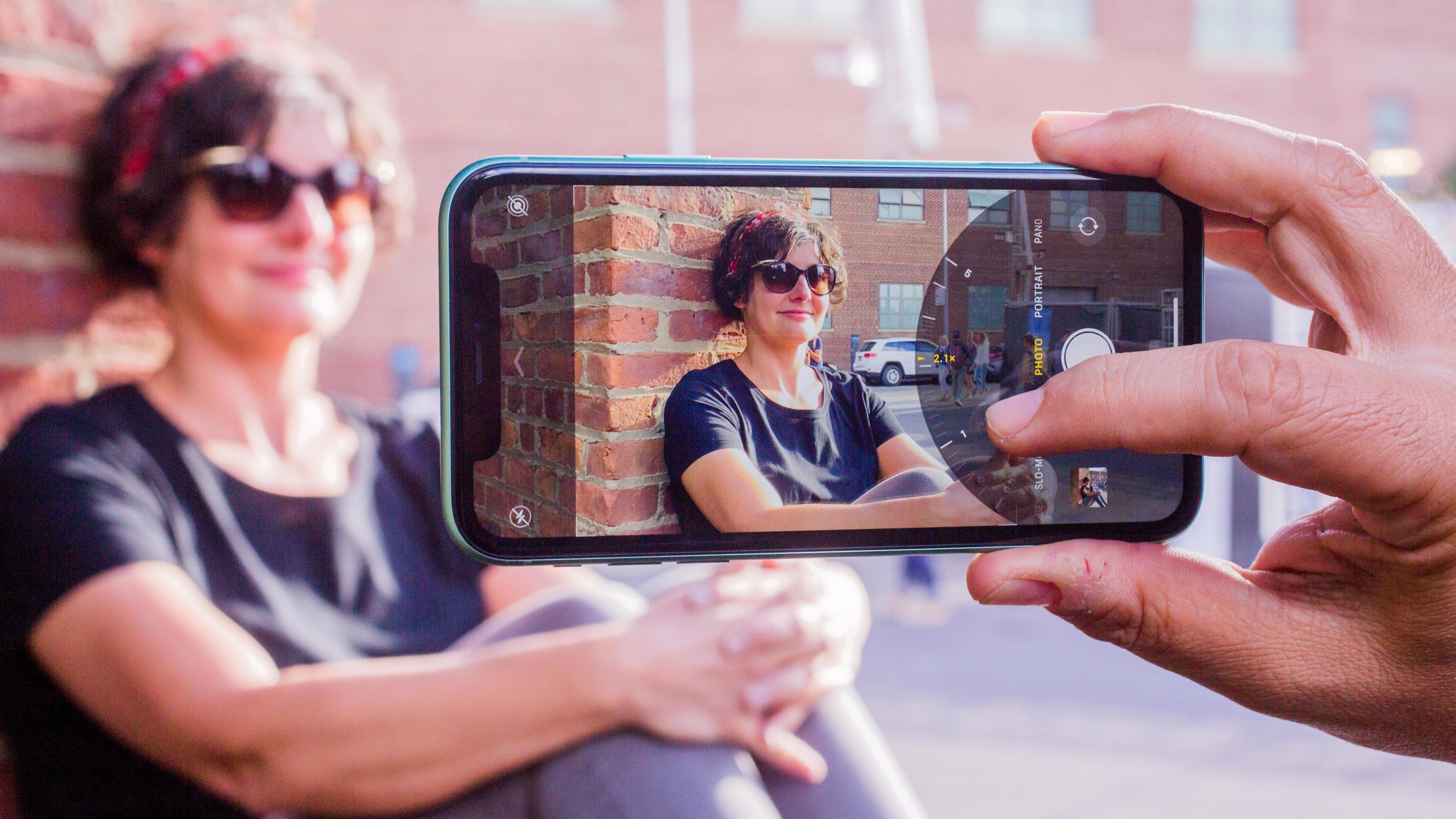The iPhone is a powerful device that we use daily for communication, entertainment, and work purposes. However, sometimes, we may experience issues with the speaker, particularly with static noise. A buzzing sound or no sound at all can be frustrating, especially if you rely on your iPhone’s speaker for phone calls or music playback. In this article, we’ll explore some tips to help you troubleshoot iPhone speaker static and restore sound quality.
Firstly, it’s essential to check if there are any screen protectors, films, or cases attached to your device. These accessories can often obstruct the speaker’s sound or cause static noise. Remove them and try playing audio again to see if the problem persists.
Next, examine the speaker opening to see if it’s blocked or dirty. On iPhone only, make sure that the receiver isn’t blocked or dirty. If necessary, clean the speaker or receiver opening with a small, soft-bristled brush. Dust or debris in the speaker can cause muffled or distorted sound.
In some cases, your phone can be out of date and can have a couple of bugs that directly affect your earpiece or speaker. A simple update check or reset can fix this problem. Check for any available software updates and install them to ensure that your iPhone is running on the latest version.
A couple of reports suggest that the iPhone 12 update directly impacted the Bluetooth chip and created a static noise affecting hearing pieces. If you have an iPhone 12, it’s worth checking if the issue is related to the update. If so, contact Apple Support for assistance.
Make sure that the speaker wires are properly connected to both the speakers and the audio device. Loose connections can cause static noise or no sound at all. Check the wires and connectors to ensure that they are secure and functioning correctly.
Turn off any nearby electronic devices that may be interfering with the speaker’s sound. Move the speaker wires away from any electrical cords. Electrical interference can cause static noise, so it’s essential to minimize any potential sources of interference.
Try to play audio from a different source. Audio problems can either be attributed to faulty hardware or software glitches. In most cases, the latter factor is to blame. Bad updates, incorrect settings, and errant apps are among the usual triggers of the buzzing sound or not working speakers. Playing audio from a different source can help you determine if the problem is with the iPhone or the audio file itself.
IPhone speaker static can be an irritating issue, but it’s not an insurmountable one. By following the tips above, you can troubleshoot the issue and restore the sound quality. If none of these solutions work, it’s best to contact Apple Support or visit an authorized service provider for further assistance.
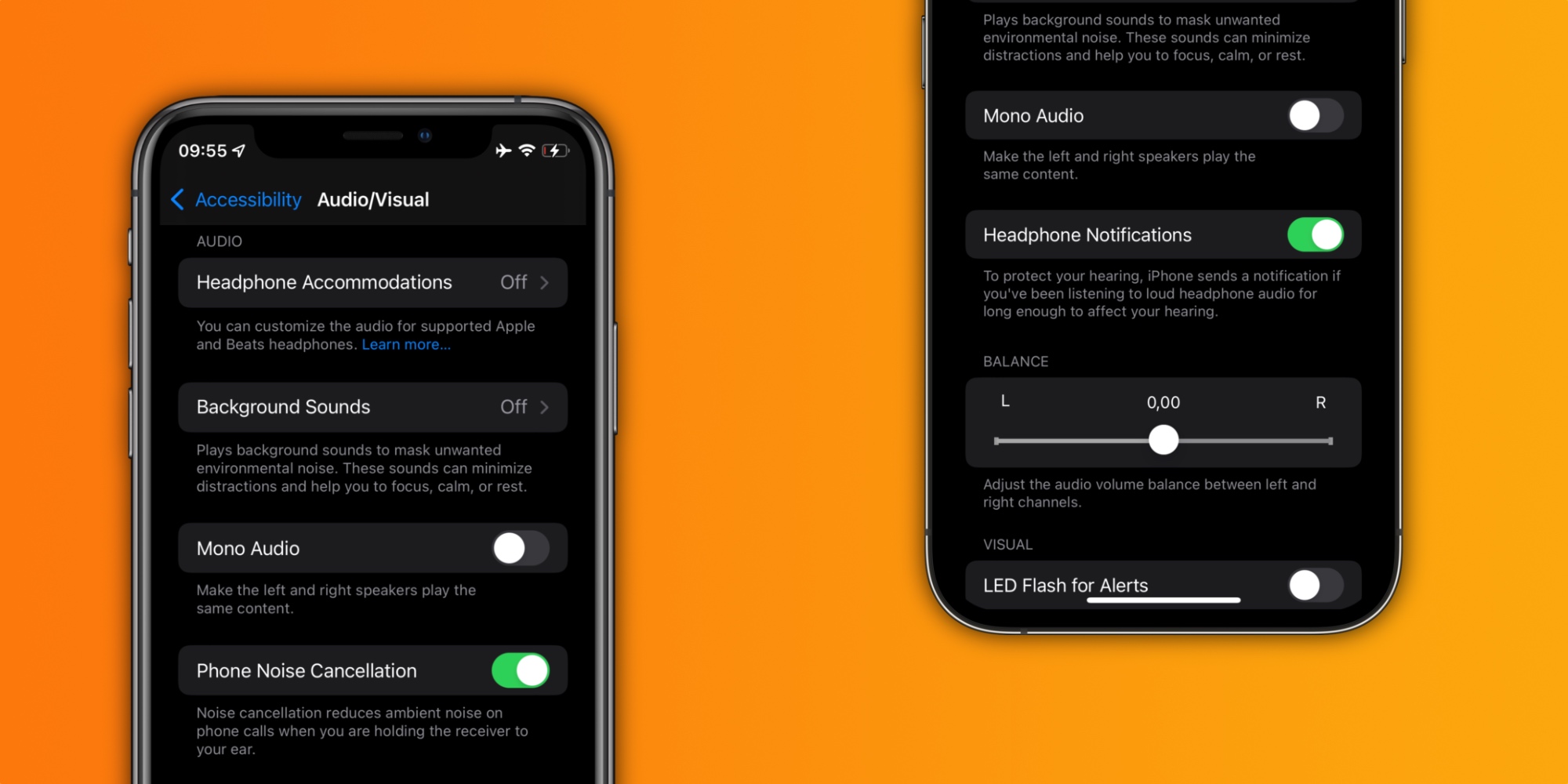
Troubleshooting a Static Speaker on an iPhone
If you’re experiencing static or crackling sounds coming from the speaker on your iPhone, there are a few steps you can take to try to fix the issue:
1. Remove any screen protectors, films, or cases from your device. These can sometimes block or interfere with the speaker, causing static or other issues.
2. Check the speaker opening to see if it’s blocked or dirty. If there is any debris or dirt in the speaker opening, gently clean it out using a small, soft-bristled brush. Avoid using anything sharp or abrasive that could damage the speaker.
3. On an iPhone, make sure that the receiver isn’t blocked or dirty. The receiver is the small, circular opening at the top of the screen that you hold up to your ear during phone calls. If this is blocked or dirty, it can also cause static or other issues with the speaker.
4. Try restarting your iPhone. Sometimes, simply restarting the device can help to clear up any software issues that may be causing static or other audio problems.
5. If none of these steps work, you may need to take your iPhone to a professional for repair. There could be a hardware issue with the speaker that requires more advanced troubleshooting or repair work.
By following these steps, you can help to troubleshoot and fix static or crackling sounds coming from the speaker on your iPhone. Remember to be gentle when cleaning the speaker opening and avoid using anything that could cause damage. If you’re unsure about any of these steps, seek professional assistance to avoid causing further damage to your device.
Troubleshooting Static Sound on iPhone
If you are experiencing static sound on your iPhone, it could be due to various reasons. One of the main reasons can be an outdated software version or a bug in the system affecting the earpiece or speaker. In such cases, you can try updating your phone’s software to the latest version or resetting it to its default settings to fix the issue.
Another possible reason for static sound on your iPhone can be a hardware issue, such as a damaged earpiece or speaker. This can occur due to physical damage, exposure to water or moisture, or wear and tear over time. In such cases, you may need to have your device repaired or replaced.
Additionally, some reports suggest that the iPhone 12 update may have caused a static noise affecting hearing pieces due to issues with the Bluetooth chip. If you are using a Bluetooth device with your iPhone and experiencing static sound, you can try resetting the Bluetooth connection or disconnecting the device to see if it resolves the issue.
To summarize, static sound on your iPhone can be caused by various factors, including outdated software, bugs, hardware issues, or Bluetooth connectivity problems. You can try updating your phone’s software, resetting it, or troubleshooting the Bluetooth connection to fix the issue. If the problem persists, you may need to have your device repaired or replaced.
Troubleshooting Static Noise in Audio
Static noise in audio can be caused by a variety of factors, including faulty equipment or connections, interference from other electronic devices, or poor-quality audio files. To troubleshoot this issue, first, make sure that all speaker wires are properly connected to both the speakers and audio device. If the connections are loose or damaged, this can cause static or distortion in the sound.
Next, check to see if there are any nearby electronic devices that may be interfering with the speaker’s sound. Turn off or move away from devices such as cell phones, laptops, or other speakers. Electrical cords can also cause interference if they are too close to the speaker wires, so try to keep them separated.
Another potential cause of static noise is low-quality audio files. If the audio is compressed or of low bitrate, this can result in distortion or static in the sound. Try playing audio from a different source to see if the problem persists.
Static noise in audio can be caused by faulty equipment or connections, interference from other electronic devices, or poor-quality audio files. To troubleshoot this issue, check all connections, eliminate sources of interference, and try playing audio from a different source.
Investigating the Cause of Buzzy Sound from iPhone Speakers
There can be several reasons why your iPhone speaker is making a buzzing sound. One of the most common causes is a software glitch, which can be triggered by a bad update or incorrect settings. Errant apps can also cause audio problems on your iPhone, leading to the buzzing sound or not working speakers.
Another potential cause of a buzzy iPhone speaker is a faulty hardware component. This can occur if the speaker has been damaged or if there is a loose connection between the speaker and other parts of the device. In some cases, the buzzing sound may be due to dust or debris buildup inside the speaker, which can muffle the sound and create a distorted, buzzing noise.
To troubleshoot the issue, you can try resetting your iPhone’s settings or reinstalling any apps that may be causing the problem. If these steps don’t work, you may need to take your device to a professional repair shop to diagnose and fix the issue. In some cases, replacing the speaker or other hardware components may be necessary to restore proper audio functionality to your iPhone.
Conclusion
Static noise coming from the speakers can be a frustrating issue for iPhone users. While there can be various reasons behind this problem, it’s essential to troubleshoot the device thoroughly to identify the root cause. From cleaning the speaker opening to updating the software, there are multiple ways to fix the issue. It’s important to keep in mind that audio problems can either be due to faulty hardware or software glitches. Therefore, it’s crucial to have your device checked by a professional if the issue persists. By following the tips mentioned above, you can ensure that your iPhone speakers function smoothly without any static noise.

